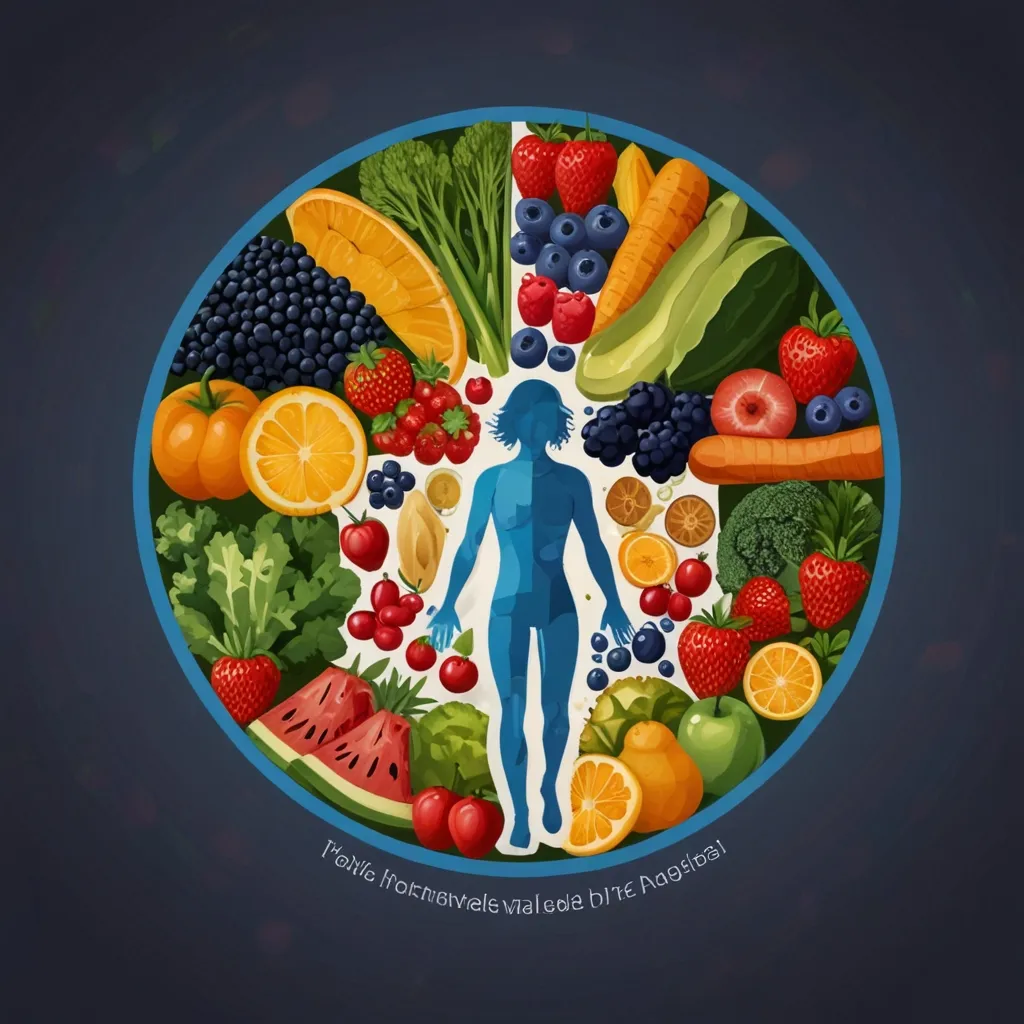Living with Ulcerative Colitis (UC) is like being on an unpredictable roller coaster where your body’s lining decides when to scream at you. It’s a chronic inflammation monster that specifically targets your colon, making daily life a series of planning, adapting, and riding out the occasional, unexpected bumps.
Understanding what UC really is can help in managing its symptoms more effectively. The disease starts its havoc in the rectum and can spread to other parts of the colon. The symptoms you can expect include bloody diarrhea, wicked abdominal pain, and general fatigue that can leave you feeling like molten lead is coursing through your veins during flare-ups. The exact origin of UC still remains a medical mystery, but it’s thought that a weird mix of genetics, a misfiring immune system, and random environmental factors are to blame.
Treating UC is a bit of a jigsaw puzzle where medical treatments play a big role. These treatments are all about pushing the disease into remission and keeping it there. This is usually manageable with help from meds like aminosalicylates for mild conditions, or corticosteroids when things kick off. Seriously rough cases might even require immunosuppressants or biologics that tackle inflammation head-on by targeting specific proteins. Sometimes, the prognosis calls for the removal of the colon – a scary but sometimes necessary fix for severe UC.
Your diet – oh, the food you love – can also seem like an enemy at times. While a specific UC diet doesn’t exist, certain foods are known to trigger symptoms. High-fiber foods, while generally nutritious, can be gut-wrenching during flare-ups. Simplifying how they’re cooked can make them more digestible, turning fresh veggies and fruits into stomach-friendly mush. Dairy products, nuts, seeds, and even beloved popcorn can all turn a peaceful evening into a restless night. Stimulants like alcohol and caffeine or carbonated drinks aren’t your friends either, as they can crank up discomfort levels significantly.
Embracing lifestyle changes can be a game-changer. Physical activity, like a brisk walk or a serene yoga session, can help control stress and boost overall well-being. Stress is a known nemesis for UC, so finding tranquility through meditation or hobbies that you genuinely enjoy makes a big difference. A solid support system is key too. Friends and family who understand your condition can be invaluable, lending both practical help and emotional solace.
Living with UC means tweaking some aspects of your daily life. At work, carrying your own lunch and incorporating stress-busting breaks can keep symptoms in check. On the social front, planning outings by checking menus ahead of time for gut-friendly options, and being upfront with friends about your needs helps make social activities more enjoyable and less nerve-wracking.
Nutrition becomes a focal point with UC. The inflammation can mess with nutrient absorption, making a balanced diet crucial. Partnering with a dietitian to create a feasible meal plan can ensure you get enough lean proteins, healthy fats, and easily digestible carbs. If deficiencies loom large, supplements like vitamin D, calcium, or iron might be needed.
Intimacy doesn’t have to take a backseat just because UC is part of your life. Having open conversations with your partner about your condition and how it impacts you can foster understanding and patience. It’s all about finding those moments when symptoms are at bay to enjoy closeness without added stress.
The future holds promising innovations in UC treatment. New drugs and treatments aimed at specific inflammation pathways are under development. Precision medicine, which tailors treatment to your unique genetic makeup, is gradually leading to more effective and personalized UC care.
In a nutshell, managing ulcerative colitis boils down to a mix of good medical care, smart dietary choices, lifestyle tweaks, and a strong network of support. By staying informed about the disease and making conscious choices, living with UC becomes less of a daunting challenge and more of a manageable part of life.






